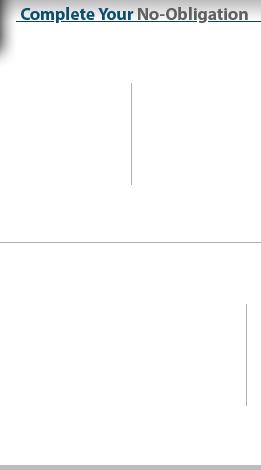 |
|
|||||||||||
| |
 |
|
||||||||||
| |
|
|
||||||||||
| |
|
|||||||||||
| |
|
|
||||||||||
| |
|
|||||||||||
| |
||||||||||||
| |
|
|
||||||||||
 |
|
|
|
|||||||||
 |
|
|||||||||||
| |
|
|||||||||||
| |
|
|
||||||||||
| |
|
|
||||||||||
 |
|
|||||||||||
| |
|
|||||||||||
| Home | About Us | Application | Contact Us | BFC | ||||||||
| |
|
|||||||||||
| |
|
|
|
|
|
|
|
|
|
|
|
|
Even the most experienced homebuyers have difficulty understanding the relationship between the interest rate and the points or fees associated with their loans. The reality is that the two are directly related in that "points" are nothing more than interest that is charged up front. The actual rate and number of points a borrower pays is largely dictated by the quality of the borrower’s credit. As the credit quality decreases, the interest rate, points and fees increase. This is because these loans are more difficult to fund and pose a greater risk of default to the lender.
Here are some issues to consider;
Often the price of a home mortgage loan is stated in terms of an interest rate, points and other fees. A point is a fee that equals 1 percent of the loan amount. Points are usually paid to the lender, mortgage broker, or both, at the settlement or upon completion of the escrow. Often, you can pay fewer points in exchange for a higher interest rate or more points for a lower rate. Ask your JNJ Capital Resources Consultant about points and other fees.
A document called the Truth in Lending Disclosure Statement will show you the Annual Percentage Rate (APR) and other payment information for the loan you have applied for. The APR takes into account not only the interest rate, but also the points, mortgage broker fees and certain other fees that are associated with your loan. Also, ask if your loan will have a charge or a fee for paying all or part of the loan before payment is due (prepayment penalty).
A lender may require you to obtain certain settlement services, such as a new survey, mortgage insurance or title insurance. It may also order and charge you for other settlement-related services, such as the appraisal or credit report. A lender may also charge other fees, such as fees for loan processing, document preparation, underwriting, flood certification or an application fee. You may wish to ask for an estimate of fees and settlement costs before choosing a lender. Some lenders offer no cost or no point loans but normally cover these fees or costs by charging a higher interest rate.
If you see advertisements for lenders offering extremely low rates, don't be misled. Most of the time extremely low rates offerings refer to the starting rate on an adjustable rate mortgage or graduated payment mortgage. In other cases, the rate advertised may be for a balloon loan. This is a loan where the remaining balance will have to be paid off early. An example of this is called a 30 due in 5. In this type of loan your payments are based on a 30-year term to make them affordable. The remaining balance of the loan however, must be paid off at the end of the 5th year. This means that you will probably have to refinance the loan or sell the house at the end of 5 years to satisfy the debt. Locking in your rate or point at the time of application or during the processing of your loan will keep the rate and/or points from changing until settlement or closing. Ask if there is a fee to lock-in the rate and whether the fee reduces the amount you have to pay for points. Find out how long the lock-in is good for, what happens if it expires, and whether the lock-in fee is refundable if your application is rejected.
Finding 30 year financing that you can live with is serious business. Ask about alternative kinds of mortgages in your area. Compare rates, down payments, and closing costs among different types of lenders. Here is where a JNJ Capital Resources Consultant can save you time and money. There is no single nationwide mortgage rate; interest rates can vary according to the amount of the mortgage, the length of the loan and from lender to lender. Look at the entire package that's being offered, including the fine print about penalties and assumptions. The more knowledgeable you are about the loan process; there will be fewer surprises in store for you at closing.
